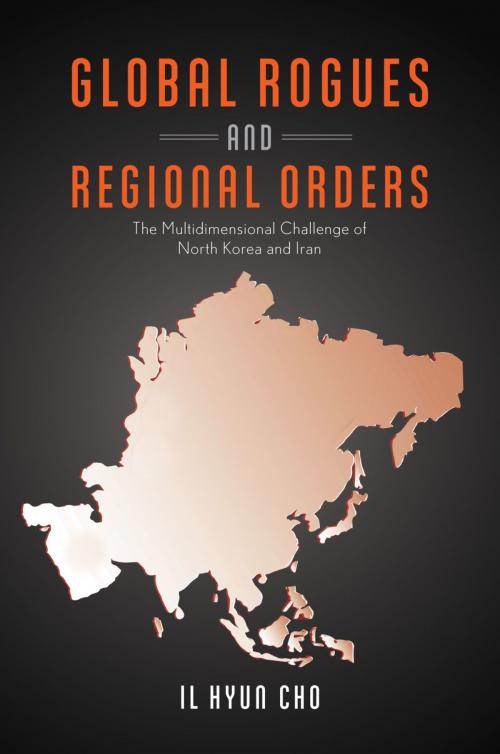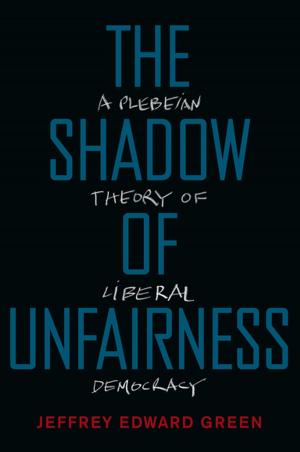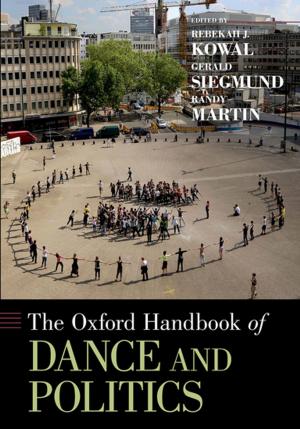Global Rogues and Regional Orders
The Multidimensional Challenge of North Korea and Iran
Nonfiction, Social & Cultural Studies, Political Science, Politics, Arms Control, International, International Security, International Relations| Author: | Il Hyun Cho | ISBN: | 9780190606503 |
| Publisher: | Oxford University Press | Publication: | December 1, 2015 |
| Imprint: | Oxford University Press | Language: | English |
| Author: | Il Hyun Cho |
| ISBN: | 9780190606503 |
| Publisher: | Oxford University Press |
| Publication: | December 1, 2015 |
| Imprint: | Oxford University Press |
| Language: | English |
A recent National Security Strategy report singles out nuclear proliferation as one of the gravest threats to the United States. Much of this fear is focused on North Korea and Iran, two "rogue states" that have violated nonproliferation rules and engaged in provocative actions, including nuclear and ballistic missile tests. Conventional wisdom dictates that the regimes in these countries have a uniquely defiant and dangerous nature, and that coercive measures such as sanctions and preemptive strikes are the most effective way to deal with them. But how do the neighbors of these two states view them, and how does this perception map onto the regional landscape in East Asia and the Middle East? Global Rogues and Regional Orders offers a systematic analysis of the intersection of nuclear proliferation and regional order in East Asia and the Middle East. It does so by exploring the causes and consequences of the regional perceptions and policies with regard to the North Korean and Iranian challenges. The U.S. depiction of North Korea and Iran as archetypical global rogues is fundamentally at odds with the regional debate, which centers on multiple understandings of what these nations respectively mean for the regional order. While some regional actors, such as Israel, Saudi Arabia, and Japan, side with the United States, others seek to challenge, or dissociate from, the U.S. position as a means to enhance their countries' regional role and foreign policy autonomy. By turning the analytical focus onto regional actors and the regional dimension of nuclear proliferation, this book offers a novel way to analyze global proliferation challenges and provides new insights into the making of regional orders in East Asia and the Middle East.
A recent National Security Strategy report singles out nuclear proliferation as one of the gravest threats to the United States. Much of this fear is focused on North Korea and Iran, two "rogue states" that have violated nonproliferation rules and engaged in provocative actions, including nuclear and ballistic missile tests. Conventional wisdom dictates that the regimes in these countries have a uniquely defiant and dangerous nature, and that coercive measures such as sanctions and preemptive strikes are the most effective way to deal with them. But how do the neighbors of these two states view them, and how does this perception map onto the regional landscape in East Asia and the Middle East? Global Rogues and Regional Orders offers a systematic analysis of the intersection of nuclear proliferation and regional order in East Asia and the Middle East. It does so by exploring the causes and consequences of the regional perceptions and policies with regard to the North Korean and Iranian challenges. The U.S. depiction of North Korea and Iran as archetypical global rogues is fundamentally at odds with the regional debate, which centers on multiple understandings of what these nations respectively mean for the regional order. While some regional actors, such as Israel, Saudi Arabia, and Japan, side with the United States, others seek to challenge, or dissociate from, the U.S. position as a means to enhance their countries' regional role and foreign policy autonomy. By turning the analytical focus onto regional actors and the regional dimension of nuclear proliferation, this book offers a novel way to analyze global proliferation challenges and provides new insights into the making of regional orders in East Asia and the Middle East.















